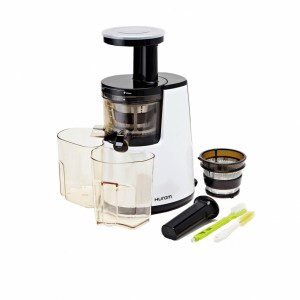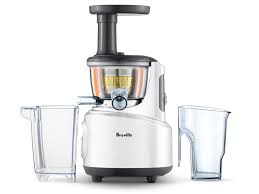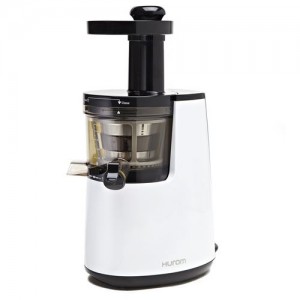Juicing versus Blending/Smoothies
People often ask: which is better–juicing or blending? When your body is experiencing a crisis like cancer or other degenerative disease, many times your digestive system is also in crisis, making it difficult to get the proper nutrients from food needed to heal. We believe from all the reading we have done that juicing has an favorable advantage over blending when you are trying to heal cancer. Lose the fiber and your body quickly absorbs the nutrients into the blood stream. Yes, you need the fiber, but not in your juice. Eat a well balanced diet the rest of the day. Eat lots of plant-based foods rich in fiber. But leave your juice as JUICE.Or have a smoothie later in the day for a snack. Avoid too much fruit in your juice. One apple or one crisp pear should be your limit to avoid bringing too much sugar into the bloodstream, causing sugar spikes (we know by know that sugar is cancer’s favorite food).
In a nutshell: Blending requires DIGESTION, which is a heat-related activity for your body. Heat, like the heat from a blender or high-speed juicer, can kill off certain enzymes, phytonutrients and micro-nutrients readily available in juiced raw produce. Juicing, with the pulp removed through a slow, masticating juicer like the Hurom juicer, only requires ABSORPTION. Thus, your body can absorb up to 99% of the nutrients in juice.
Here are a few links to help explain the differences.
http://www.foodmatters.tv/juicer-buying-guide
http://www.foodmatters.tv/articles-1/juicing-vs-blending-which-one-is-better
http://juicing-for-health.com/juicer-review/what-to-look-for/juicing-vs-blending.html
http://www.rebootwithjoe.com/juicing-vs-blending-infographic/


